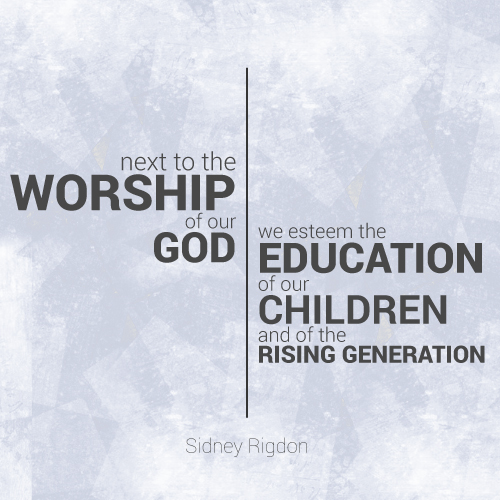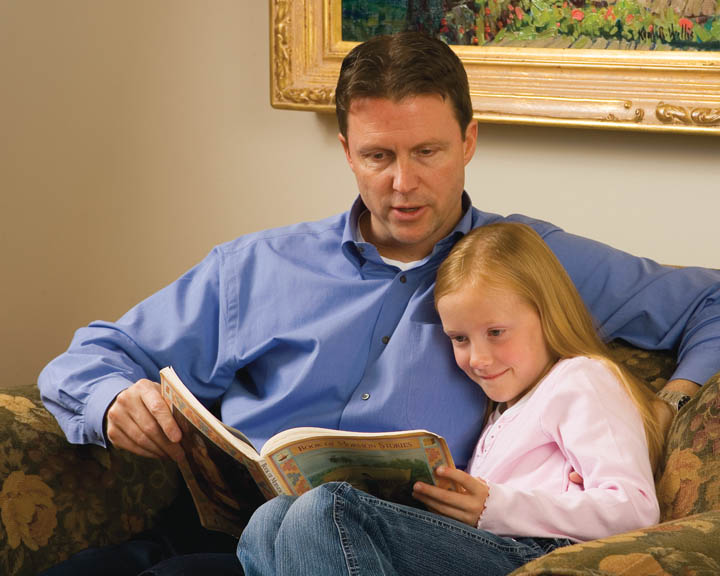A few decades ago I was reading King Lear in high school. I didn’t enjoy it. I mocked it. I can’t say all of my behavior in high school was kind or studious. Around the same time I attended a Shakespeare play with my mom. I really enjoyed it. I couldn’t reconcile the experience watching a Shakespeare play with the experience of reading and overanalyzing every poorly understood word. Why do we teach Shakespeare the way we do?
 Why teach Shakespeare at all? Shakespeare created so many phrases and words. His understanding of human nature makes his stories immortal. His creativity and clarity are inspiring. Other than the Bible, Shakespeare is the source of more quotes and allusions than any other source. Shakespeare is fun!
Why teach Shakespeare at all? Shakespeare created so many phrases and words. His understanding of human nature makes his stories immortal. His creativity and clarity are inspiring. Other than the Bible, Shakespeare is the source of more quotes and allusions than any other source. Shakespeare is fun!
As my children edged toward the teen years, I contemplated how to teach Shakespeare. I didn’t want them mocking and hating it. I knew I didn’t want them analyzing or testing on it. I wanted them to love it!
How we teach Shakespeare?
Choose a comedy. Why do we start using the tragedies with high school students? Why not start with a comedy, with all of its romantic confusion, people messing things up, getting involved in other people’s love lives, hilarious physical comedy, awkward love triangles and happy endings? And the hilarious, very repeatable insults! Murder and violence aren’t an integral part of most of our lives . . . blessedly. We ALL related more to the comedies. We have all had unwanted interference. We have all wanted to fix someone else’s life. We have seen and experienced love and being left out. And the comedies are fun!
Start with a plot summary. A basic understanding of the plot of a play helps you anticipate meaning and make better sense of a play as you read it or see it.
Watch the play. Plays are meant to be seen! Shakespeare intended them to be seen. It’s much easier to understand the play when you see the interaction of the characters, the physical comedy, the love and death. The characters are easier to relate to than names on a page.
Act . . . consider the difference in understand when you analyze to write a paper to get points, as opposed to analyzing to understand a character to empathize enough to BE that character. Consider the amount of memorization that naturally goes into acting as opposed to memorizing a few lines for a test. Consider the difference in perspective when you are negotiating the love triangle instead of watching from the outside.
Theater has so much to teach us. As I’ve watched my children learn Shakespeare this way, I’ve been amazed what other learning has come along. They’ve learned self-discipline as they’ve memorized their lines, how to deal with disappointment, public speaking skills, commitment, sewing skills, how to work cooperatively, and empathy! By stepping into a role, they learn to consider another person’s feelings and motivations.
I love to watch my children enjoy Shakespeare.
Watch a behind–the-scenes look at how Mormon-owned Brigham Young University-Idaho produced MacBeth.
http://youtu.be/pGlfWjtiR1U
About Britt Kelly
Britt grew up in a family of six brothers and one sister and gained a bonus sister later. She camped in the High Sierras, canoed down the Colorado, and played volleyball at Brigham Young University. She then served a mission to South Africa.
With all of her time in the gym and the mountains and South Africa, she was totally prepared to become the mother of 2 sons and soon to be 9 daughters. By totally prepared she means willing to love them and muddle through everything else in a partially sleepless state. She is mostly successful at figuring out how to keep the baby clothed, or at least diapered, though her current toddler is challenging this skill.
She feels children naturally love to learn and didn’t want to disrupt childhood curiosity with worksheets and school bells. She loves to play in the dirt, read books, go on adventures, watch her children discover new things, and mentor her children. Her oldest child is currently at a community college and her oldest son is going to high school at a public school. She loves to follow her children in their unique paths and interests.
She loves to write because, unlike the laundry and the dishes, writing stays done. Whenever someone asks her how she does it all she wonders what in the world they think she’s doing.
Twitter •






